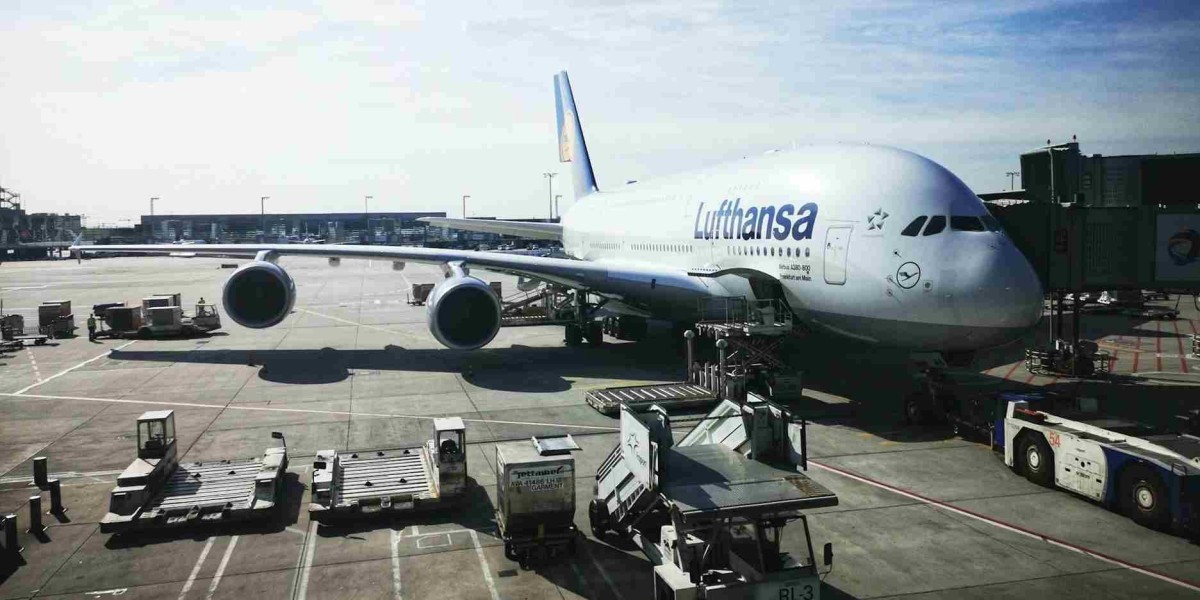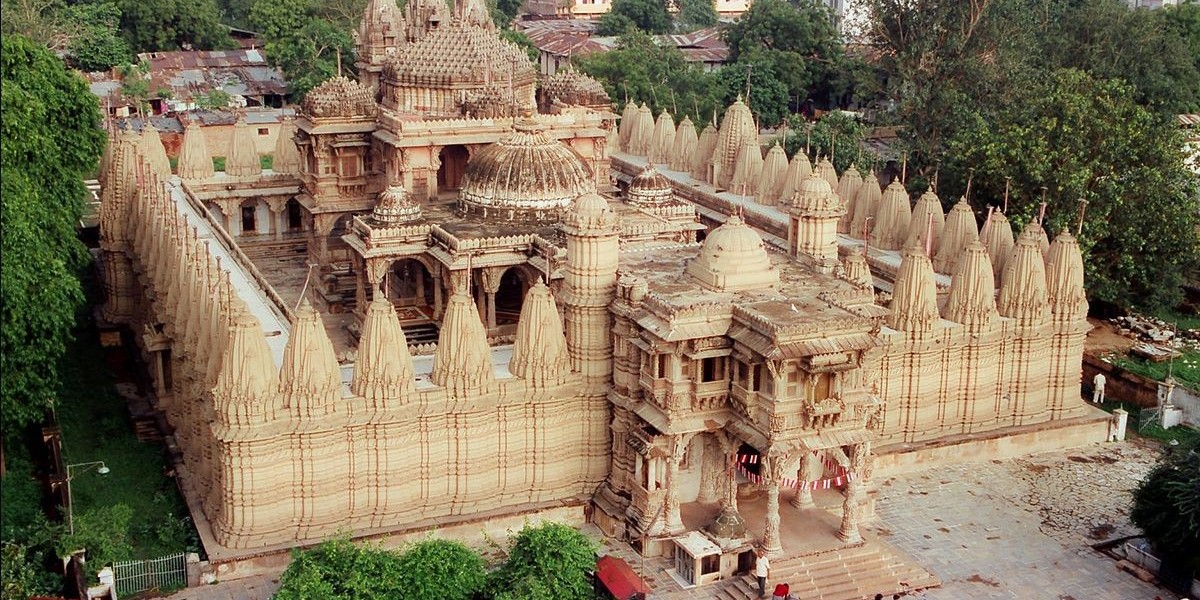Dubai, a glittering oasis in the Middle Eastern desert, is renowned for its luxurious lifestyle, towering skyscrapers, and cultural richness. Visiting Dubai during Ramadan offers a unique experience, allowing travelers to immerse themselves in the local traditions and religious practices. However, it also requires a certain level of awareness and respect for the customs and laws associated with this holy month. Here’s a comprehensive guide to help you navigate your journey to Dubai during Ramadan.
Efficient and reliable travel management company tailored for business and leisure. Our expert team handles all aspects of your travel needs, from booking to support, ensuring a smooth and cost-effective experience. Discover stress-free travel planning with our dedicated services.
Understanding Ramadan
Ramadan is the ninth month of the Islamic lunar calendar, observed by Muslims worldwide as a month of fasting, prayer, reflection, and community. During Ramadan, Muslims abstain from eating, drinking, smoking, and sinful behavior from dawn until sunset. The fast is broken with a meal called Iftar at sunset, and the pre-dawn meal before fasting begins is called Suhoor.
When is Ramadan?
The dates of Ramadan vary each year based on the Islamic lunar calendar. It lasts for 29 or 30 days, depending on the sighting of the moon. In 2024, Ramadan is expected to begin around March 10 and end around April 8, with Eid al-Fitr marking the end of the fasting period.
Key Considerations for Travelers
1. Fasting Hours
Non-Muslim visitors are not required to fast, but it is essential to respect those who are. During daylight hours, eating, drinking, and smoking in public places are prohibited. Hotels and some restaurants will have designated areas where non-fasting guests can eat and drink discreetly.
2. Dress Code
Modesty is particularly emphasized during Ramadan. Visitors should dress conservatively, covering shoulders, arms, and knees. Lightweight, loose-fitting clothing is advisable to remain comfortable in the heat while adhering to cultural expectations.
3. Public Behavior
Ramadan is a time of reflection and modesty. Public displays of affection, loud music, and rowdy behavior are considered disrespectful. It’s important to be mindful of your conduct in public spaces.
4. Operating Hours
Many businesses, including shops and attractions, adjust their operating hours during Ramadan. Government offices, banks, and some retail stores may open later in the day and close early to accommodate Iftar. However, major malls and entertainment venues often stay open late into the night.
5. Iftar and Suhoor
Experiencing Iftar in Dubai is a highlight for many visitors. Hotels and restaurants offer lavish Iftar buffets, and there are numerous Iftar tents set up around the city where people gather to break their fast. Suhoor is also a unique experience, with many establishments offering special menus before dawn.
6. Nightlife and Entertainment
While nightlife is more subdued during Ramadan, Dubai still offers plenty of entertainment options. Many hotels host evening events, including cultural performances and Ramadan-specific activities. It’s a great time to explore Dubai’s vibrant cultural scene.
Cultural Etiquette
Respecting Local Customs
Showing respect for local customs is crucial. Greet people with “Ramadan Kareem” or “Ramadan Mubarak,” which means "Generous Ramadan" or "Blessed Ramadan." Avoid discussing sensitive topics such as politics and religion.
Visiting Mosques
Non-Muslims can visit certain mosques in Dubai, such as the Jumeirah Mosque, which offers guided tours. It’s an opportunity to learn about Islamic culture and architecture. Remember to dress modestly and remove your shoes before entering.
Charity and Generosity
Ramadan is a time for charity and helping those in need. You may notice an increase in charitable activities and opportunities to participate in acts of kindness, such as donating to food drives or volunteering at local organizations.
Tips for Enjoying Dubai During Ramadan
1. Plan Your Meals
Since eating out during daylight hours is limited, plan your meals around Iftar and Suhoor. Research restaurants and hotels that offer special Ramadan menus. Consider booking Iftar in advance, as popular venues can fill up quickly.
2. Explore Cultural Events
Take advantage of the numerous cultural events and activities organized during Ramadan. Attend Iftar tents, traditional music performances, and art exhibitions to gain a deeper understanding of Emirati culture.
3. Adjust Your Schedule
With altered business hours, plan your activities accordingly. Visit attractions in the early morning or late afternoon and use the daytime for indoor activities, such as visiting museums or relaxing at your hotel.
4. Stay Hydrated
Dubai’s heat can be intense, especially during Ramadan. Ensure you stay hydrated by drinking plenty of water during non-fasting hours. Carry a water bottle and refill it as needed.
5. Be Patient
Ramadan is a time for reflection and patience. Expect slower service in restaurants and shops, as many staff members may be fasting. Show understanding and patience in all interactions.
Must-See Attractions During Ramadan
Burj Khalifa
Visit the world’s tallest building and enjoy breathtaking views of Dubai. The experience is especially magical during sunset, just in time for Iftar.
Dubai Mall
One of the world’s largest shopping malls, Dubai Mall offers a range of activities, from shopping and dining to entertainment and cultural events.
Dubai Fountain
Witness the spectacular water and light show at the Dubai Fountain, located at the base of the Burj Khalifa. The evening performances are particularly enchanting during Ramadan.
Dubai Creek
Explore the historic Dubai Creek area, where you can take a traditional dhow cruise and enjoy the sights of the old city. It’s a great way to experience Dubai’s heritage.
Sheikh Mohammed Centre for Cultural Understanding
Visit this center to learn more about Emirati culture and traditions. They offer cultural meals, tours, and talks that provide valuable insights into local customs.
Conclusion
Traveling to Dubai during Ramadan can be a rewarding and enriching experience. By understanding and respecting the customs and traditions associated with this holy month, you’ll not only enjoy your trip but also gain a deeper appreciation for the culture and hospitality of Dubai. With careful planning and an open mind, your visit to Dubai during Ramadan will be an unforgettable journey filled with unique experiences and meaningful encounters.
Top corporate travel management company in Dubai, specializing in customized travel solutions for businesses. We offer expert planning, cost-effective strategies, and round-the-clock support to ensure smooth and efficient travel experiences. Optimize your corporate travel with us in Dubai.








